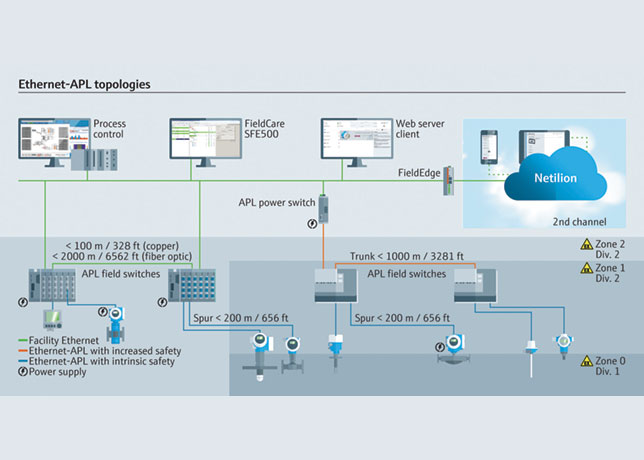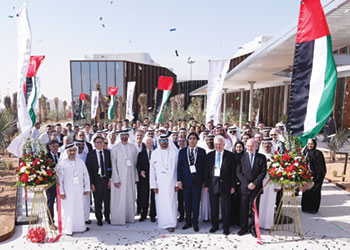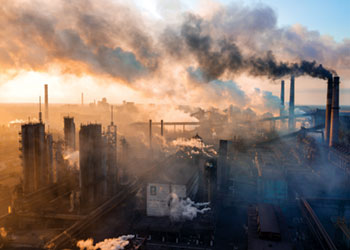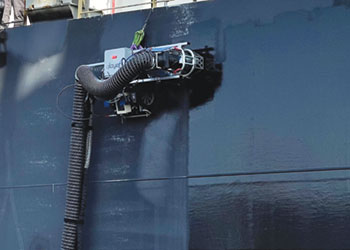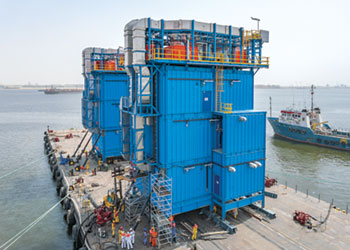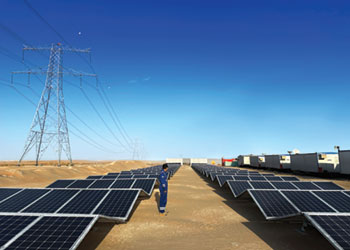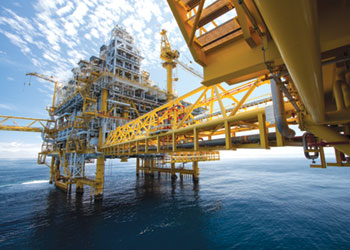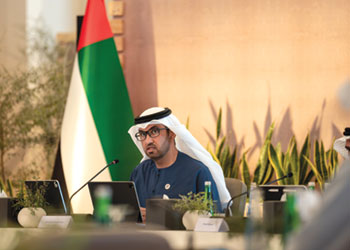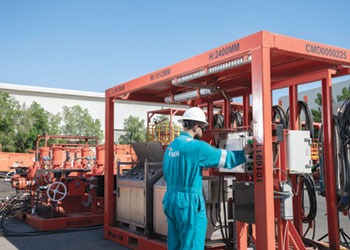
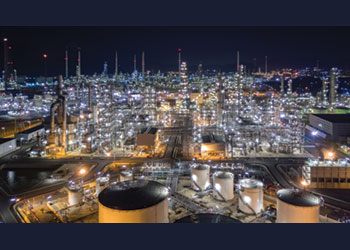 KSA, UAE and Qatar accelerate involvement across Africa’s energy value chain
KSA, UAE and Qatar accelerate involvement across Africa’s energy value chain
Over the past twelve months, the Middle East’s oil and gas heavyweights – Saudi Arabia, the UAE and Qatar – have accelerated their involvement across Africa’s energy value chain.
Beginning with diplomatic visits turning into tangible cooperation agreements and planned investment campaigns, Gulf countries have cemented their interest in competing for Africa’s untapped hydrocarbon resources, which make up around 13 per cent of natural gas reserves and 7 per cent of oil reserves globally, says a statement by Energy Capital & Power, Africa’s leading investment platform for the energy sector.
• Saudi Arabia: With plans to invest up to $25 billion in Africa by 2030 through its Public Investment Fund (PIF), Saudi Arabia is positioning itself as a long-term partner to the continent and leading integrated developments across Africa’s oil and gas value chain.
Over 50 projects worth more than $500 million were signed between Saudi Arabia and African nations in November 2023, with investments directed primarily to energy, mining and infrastructure sectors.
Deals included energy cooperation agreements with Senegal, Chad, Rwanda and Ethiopia, as well as a financing agreement with Mozambique for the construction of public infrastructure.
In Nigeria, Saudi Arabia has pledged to invest in the revitalisation of Nigeria’s oil refineries and provide financial support to strengthen downstream capacity.
In January, the two countries launched the National Human Capacity Training Program for the Adoption of Liquefied Petroleum Gas (LPG), which is set to lead to the joint-development of micro-distribution points for LPG through Nigeria’s Edo State.
Meanwhile, the Kingdom is engaging in talks with South Africa to construct a refinery and alleviate domestic fuel shortages.
• UAE: While Saudi Arabia may be leading diversified investment across Africa, the UAE is not far behind.
Last December, the UAE signed an agreement with Morocco for the development of the Africa-Atlantic gas pipeline, transporting Nigerian gas to North Africa, then on to Europe.
Through its Abu Dhabi sovereign wealth fund, the country will help mobilise financing for the pipeline, which could also connect emerging gas players like Senegal and Mauritania to new markets.
Seeking expansion into Africa’s gas industry, Abu Dhabi National Oil Company is said to be in discussions to acquire Galp’s 10 per cent interest in Mozambique’s Rovuma LNG project, set to monetise three gas reservoirs in the Area 4 block of the Rovuma Basin to produce 18 million tons of LNG per year.
The UAE’s growing role on the continent also transcends direct investments, enabling African countries to tap into international financial markets.
Positioned as a strategic trade centre within easy reach of the Middle East, Asia, Europe and Africa, Dubai is well-connected to both global sources of capital and emerging markets that are seeking investment.
• Qatar: Qatar is also ramping up its activities on the continent through upstream exploration.
In April 2023, state-owned QatarEnergy acquired a 40 per cent interest in the offshore Block C-10 in Mauritania – home to the Walata, Banda and Tevet oil discoveries – in partnership with Shell and Mauritania’s national oil company SMH.
With over 28.3 billion cu m of proven gas reserves, Mauritania could become the third-largest gas exporter in Africa, following Nigeria and Algeria.
The acquisition not only affirms the prospectivity of Mauritania’s offshore oil and gas acreage, but also Qatar’s interest in expanding its exploration footprint on the continent.
QatarEnergy has been playing an active role in the continent’s latest hydrocarbon discoveries – notably, offshore Namibia, where the company holds stakes in three exploration licenses.
Its PEL 39 – in which it carries a 45 per cent interest, in partnership with Shell (45 per cent) and the National Petroleum Corporation of Namibia (10 per cent) – has yielded four consecutive discoveries between February 2022 and July 2023.
These discoveries – Graff-1, La Rona-1, Jonker-1X and Lesedi-1X – are now transforming Namibia into one of the foremost hydrocarbon markets on the continent, with further testing and appraisal work currently underway.
By Abdulaziz Khattak



































































